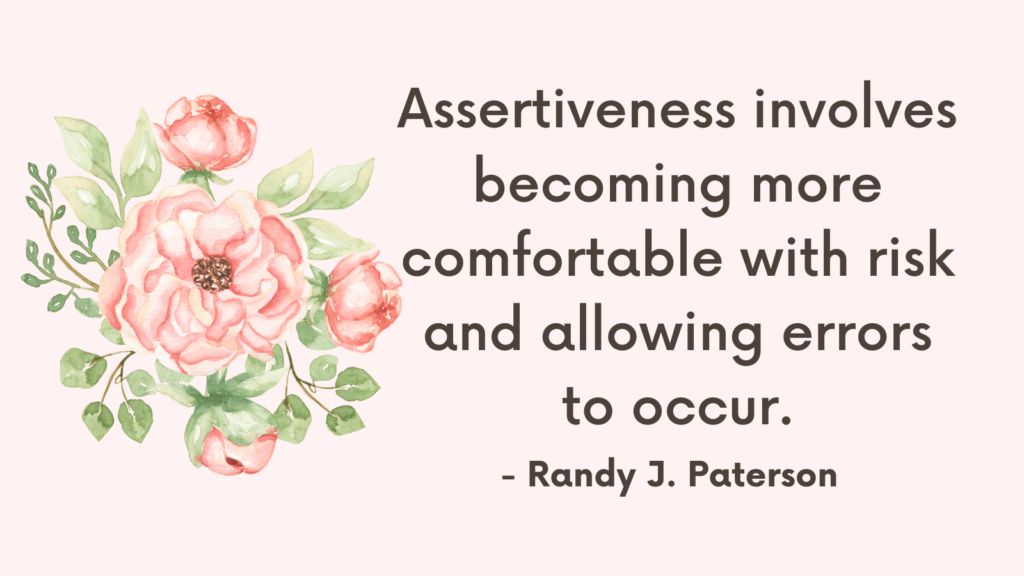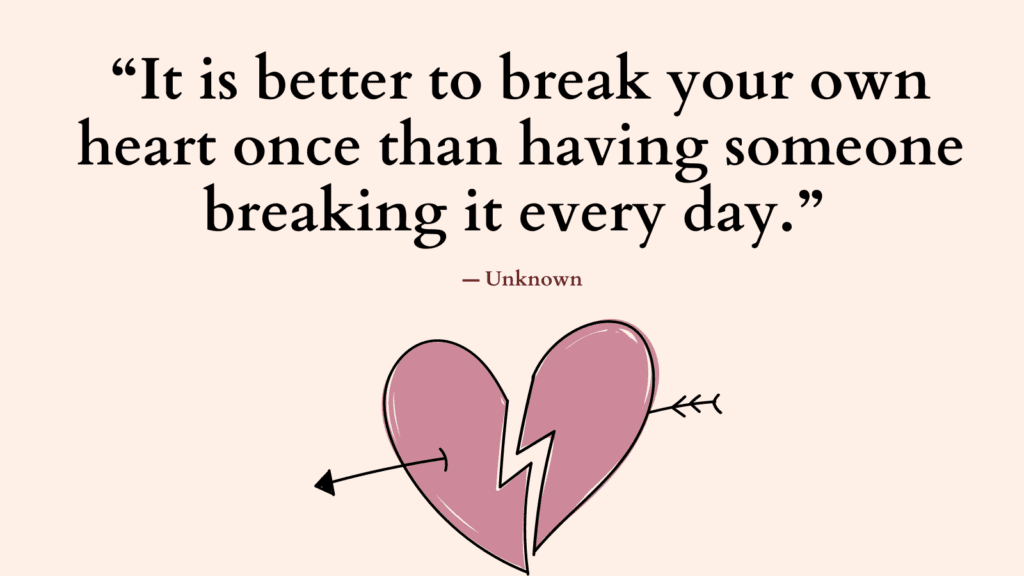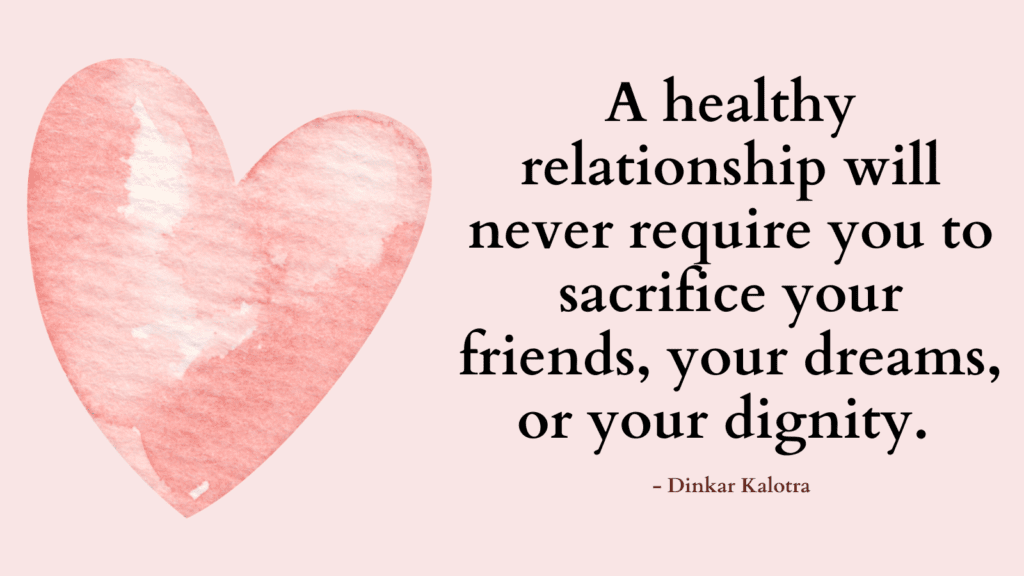In this post, you’re going to learn all about the psychology behind cheating and lying.
The Psychology Behind Cheating And Lying
Cheating and lying are complex behaviors that can significantly impact both individuals and relationships.
Understanding the motivations behind these actions is crucial for personal growth, healing, and ultimately preventing such behaviors from occurring in the future.
1. Relationship Dissatisfaction
One common motivation for cheating is a sense of dissatisfaction within a current relationship.
This may stem from unmet emotional, physical, or sexual needs.
Individuals may seek fulfillment elsewhere to bridge the gap they perceive in their current partnership.
2. Desire for Novelty and Excitement
The craving for novelty and excitement can drive some individuals to cheat.
Routine and predictability within a relationship may lead to feelings of boredom, prompting them to seek new experiences elsewhere as a means of injecting excitement into their lives.
3. Avoidance of Conflict
Lying can serve as a strategy to avoid conflict within relationships.
Individuals may resort to dishonesty to prevent arguments, maintain a particular image, or uphold harmony.
Fear of confrontation and the desire to protect oneself from discomfort can lead to the adoption of deceptive behaviors.
4. Low Self-Esteem
Cheating and lying can be driven by low self-esteem.
Individuals with poor self-worth may believe they do not deserve love, happiness, or fidelity and engage in self-sabotaging behaviors as a result.
5. Unresolved Trauma or Past Hurts
Past trauma or unresolved emotional wounds can fuel the desire to cheat or lie.
These actions may be an attempt to cope with or escape from painful memories, unresolved issues, or deep-seated insecurities.
6. Attention-Seeking and Validation
Individuals seeking attention and validation may resort to cheating or lying as a means of gaining external affirmation.
They may feel a temporary boost to their self-esteem or self-worth when others view them as desirable or attractive.
7. Lack of Impulse Control
Impulsivity can play a significant role in cheating and lying behaviors.
Some individuals struggle with impulsive decision-making, finding it difficult to resist immediate gratification or temptation.
This lack of impulse control can make them more prone to engaging in deceitful actions.
Related: Impulsivity Test: Am I Impulsive?
8. Emotional Regulation and Coping Mechanisms
Cheating or lying may be used as a maladaptive coping mechanism to deal with emotional distress or regulate negative emotions.
It provides temporary relief from psychological pain or stressors, offering a brief respite from uncomfortable feelings.
9. Lack of Empathy
Cheating and lying can also be attributed to a lack of empathy and an inability to consider the emotional impact on others.
These individuals may prioritize their own desires and instant gratification without fully recognizing the consequences for themselves and their partners.
Related: Top 5 Reasons Why Narcissists Target Empaths – & How to Starve The Narcissist of Supply

How to Heal After Being Cheated On or Lied To?
Being cheated on or lied to by someone you trusted can feel like an emotional earthquake — shattering your sense of reality, safety, and self-worth. Whether it was a partner, friend, or family member, the betrayal can leave you questioning your judgment, your value, and your future. Healing is not about rushing to forgive or pretending it didn’t hurt. It’s about reclaiming your peace, rebuilding trust in yourself, and processing what was broken — slowly and on your terms.
1. Acknowledge That Betrayal Is Real — And Valid
Denial can be a coping mechanism, but healing starts by allowing yourself to fully name what happened. Whether it was emotional cheating, physical infidelity, or repeated dishonesty, what you experienced matters. The pain is valid. You are not overreacting. You are not too sensitive.
2. Stop Blaming Yourself
It’s common to ask, “What did I miss?” or “What could I have done differently?” But their betrayal was their choice — not your failure. Someone lying or cheating reflects their character, not your worth. Blaming yourself keeps you stuck in shame, when what you need is self-compassion.
3. Allow Yourself to Feel Everything
Grief after betrayal includes anger, sadness, numbness, confusion, and sometimes even guilt or longing. There is no “correct” emotional response. Give yourself permission to feel without rushing to fix or rationalize. Emotional honesty is the foundation of healing.
4. Rebuild Trust With Yourself First
Betrayal can make you doubt your instincts. You might wonder if you ignored red flags or were naive. Part of healing is relearning to trust your inner voice — to believe yourself, listen to your intuition, and set boundaries without apology.
5. Don’t Seek Closure From the Person Who Hurt You
They may never explain, apologize, or take accountability in the way you hope. Waiting for them to “make it right” can keep you emotionally tethered. Instead, create your own closure: “I didn’t deserve this, and I no longer need their permission to heal.”
6. Write Out Your Truth
Journaling can help you process the chaos and begin to organize your thoughts. Write about what happened, how it made you feel, what you know to be true now, and what you want moving forward. This act helps ground your experience in your own voice — not theirs.
7. Set Boundaries Around Contact
Whether you’re ending the relationship or not, take a break from emotionally charged conversations, scrolling their social media, or rereading old messages. This emotional distance protects your healing space and helps you reconnect with yourself, not the version of the relationship you miss.
8. Surround Yourself With People Who Reflect Your Worth
Being lied to or cheated on can erode your self-esteem. Spend time with people who validate your feelings, remind you of your value, and help you see yourself clearly. Supportive presence helps restore what betrayal damaged.
9. Reclaim the Parts of You That Felt Lost
Often, betrayal doesn’t just take away the relationship — it can take pieces of your identity with it. Return to what grounds you: creativity, movement, spirituality, community, nature. These are the places where you reconnect with your wholeness.
10. Consider Therapy for Deeper Healing
If the betrayal triggered old wounds, trauma responses, or intense emotional paralysis, a therapist can help you unpack the pain in a safe, guided way. You don’t have to process betrayal alone — especially if it’s tangled in past relational injuries.
Conclusion
Recognizing the factors that drive these actions enables individuals to take proactive steps towards personal growth, rebuilding trust, and cultivating healthier relationships.
Through open communication, empathy, self-reflection, seeking professional help, and implementing preventive measures, individuals can work towards breaking destructive cycles and fostering nurturing connections with others.



